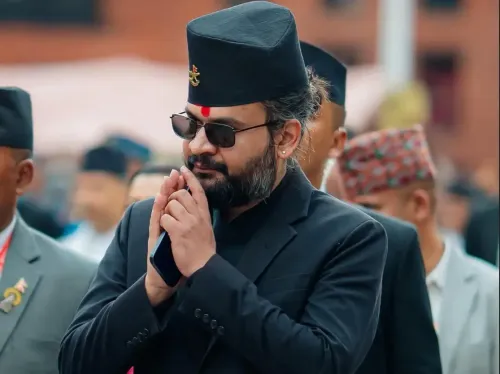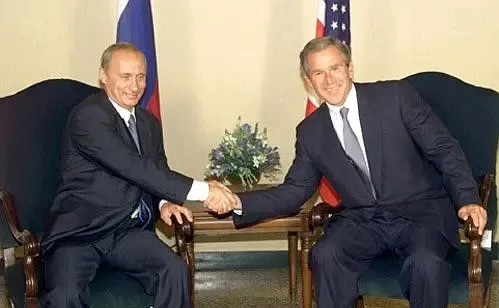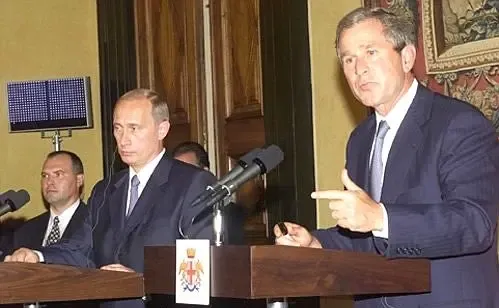Is Russia Embracing the New Japanese Government's Quest for a Peace Treaty?

Synopsis
Key Takeaways
- Russia welcomes Japan's peace treaty initiative.
- Diplomatic relations are strained due to historical disputes.
- Territorial issues over the Kuril Islands remain a significant barrier.
- Previous Japanese governments' actions have affected bilateral dialogue.
- The new Japanese PM aims to resolve longstanding tensions.
Moscow, Oct 24 (NationPress) The spokesperson for the Kremlin, Dmitry Peskov, reiterated on Friday Russia's dedication to fostering peace as the new Japanese administration expressed its intent to establish a peace treaty with Moscow.
"We appreciate this announcement. Our position also supports the idea of finalizing a peace treaty with Japan," the Russian state news agency TASS reported Peskov as stating.
This statement follows Japan's newly appointed Prime Minister Sanae Takaichi's assertion that Tokyo is committed to finalizing a peace treaty with Moscow despite the ongoing tensions in bilateral relations.
"The relationship between Japan and Russia is currently challenging, but the Japanese government's approach aims to address the 'northern territories' issue and finalize a peace treaty," she declared during her inaugural address to parliament.
Peskov remarked that the previous Japanese administrations' unfriendly actions have significantly harmed cooperation between Moscow and Tokyo.
"Regrettably, Japan's current stance towards Russia is quite unfriendly, aligning with all the illegal sanctions imposed on our country. The actions taken by prior Japanese governments have led to a near-total halt in bilateral dialogue," Peskov stressed.
Reports indicate that during her address, Takaichi did not mention Tokyo's willingness to continue supporting Ukraine or uphold sanctions against Russia.
Since the mid-20th century, Moscow and Tokyo have been in discussions to finalize a peace treaty.
The primary hurdle remains the dispute over the southern segment of the Kuril Islands, referred to as the Northern Territories in Japan. Following World War II, the entire archipelago was integrated into the then-Soviet Union, yet Japan contests the ownership of Iturup, Kunashir, Shikotan, and a group of smaller uninhabited islets.
The Russian Foreign Ministry has consistently asserted that Russia's sovereignty over these territories is indisputable and backed by established international law.
Conversely, the Japanese Foreign Ministry maintains that the Northern Territories are an intrinsic part of Japan, which continues to be unlawfully occupied by Russia.
Previously, relations soured when Japan enacted multiple sanction packages against Moscow following the initiation of Russia's military action in Ukraine.
In retaliation, the Russian Foreign Ministry declared its disinterest in continuing discussions regarding the peace treaty, citing the difficulty of negotiating such a pivotal document with a nation that adopts an unfriendly stance and allegedly seeks to undermine Russia’s interests.










